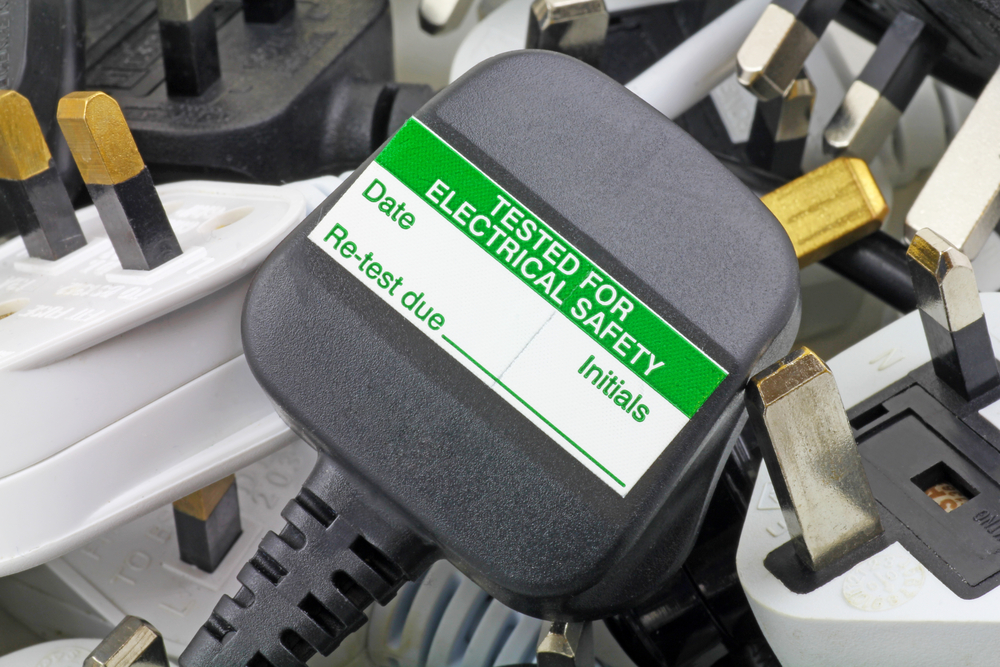How Much Notice Must I Give Tenants Before Entering My Property?
One of the most common questions landlords face is how much notice they must give tenants before entering the property. Maintaining a good landlord-tenant relationship and adhering to legal requirements are essential when renting out a property. This issue is governed by strict legislation designed to protect tenants’ rights to privacy and prevent unwarranted intrusion in the UK. Here’s an in-depth look at what UK landlords need to know about notice requirements and tenants’ rights.
Understanding Legal Framework: Section 11 of the Landlord and Tenant Act 1985
The primary legislation governing the landlord’s right to enter a rental property is Section 11 of the Landlord and Tenant Act 1985. This section obligates landlords to maintain the structure and exterior of the property and ensure that any installations for water, gas, electricity, and sanitation are kept in proper working order. The Act permits landlords or their agents to enter the property for repairs, maintenance, and inspections.
However, even though landlords have this right, they cannot simply enter the property at any time. Instead, they must provide adequate notice and obtain the tenant’s consent except in specific emergency circumstances.
Landlord Access To Property: The 24-Hour Notice Rule
UK law requires landlords or agents wishing to enter the property for inspection, repair, or maintenance (non-emergency) to give at least 24 hours’ notice in writing. This is considered a minimum standard to respect the tenant’s privacy and give them adequate time to prepare.
The notice should specify the date, time, and purpose of the visit. Although email or text messages are often used, landlords should ideally confirm that the tenant has received and acknowledged the notice to avoid disputes. It’s recommended to keep a record of all communications related to entry to ensure transparency and protect both parties.
Landlords Access To Property: Tenant Consent And Right To Refuse
Even if the landlord gives the required 24-hour notice, tenants still have the right to refuse entry unless it’s an emergency. This means landlords cannot legally enter the property without the tenant’s express permission, even if they have provided adequate notice.
Landlords must respect this rule, as entering the property without tenant consent could constitute harassment or illegal entry. In the worst cases, this could lead to legal action, including fines or even criminal charges under the Protection from Eviction Act 1977.
Emergency Situations Where Landlords May Enter Their Tenant’s Property
In certain urgent cases, landlords may enter the property without notice or tenant consent. Emergencies are generally defined as situations that could cause significant harm to the property or its occupants. Common examples include:
-
- Major water leaks or flooding
-
- Gas leaks
-
- Fires
-
- Severe electrical faults
-
- Structural issues posing an immediate risk of collapse
In such cases, it’s generally accepted that the landlord may enter the property without notice to address the issue promptly. However, the landlord should still try to inform the tenant as soon as possible and provide a clear explanation for why immediate entry was necessary.
Landlords And Access To Property: Best Practices
Landlords should aim to strike a balance between meeting their obligations to maintain the property and respecting tenants’ rights. Here are some best practices to follow:
-
- Communicate Clearly and in Advance: Provide the required 24-hour notice in writing, but where possible, give even more notice. This allows the tenant ample time to prepare for the visit and avoids the risk of them feeling uncomfortable or inconvenienced.
-
- Explain the Reason for Entry: To reduce tenant discomfort, clearly explain why the visit is necessary and how long it might take. This transparency can help prevent misunderstandings and increase tenant cooperation.
-
- Respect Tenant Refusals and Reschedule: If the tenant refuses entry, respect their decision. Try to agree on an alternative date that works for both parties. Repeated refusals, however, can create challenges, and landlords may need to address these through formal communication or mediation.
-
- Keep Records: Document all interactions regarding property access, including the date and time of notice, the method used, and the tenant’s response. This can serve as evidence if disputes arise.
Consequences of Landlord Illegal Entry To Their Tenants’ Property
Entering a rental property without proper notice or tenant consent could have serious consequences. The tenant may report the incident to the local council or take legal action against the landlord. Unlawful entry may be considered harassment under the Protection from Eviction Act 1977, which could lead to court action, fines, or compensation claims. Moreover, violating tenants’ rights can damage the landlord’s reputation and make it difficult to manage future landlord-tenant relationships.
Landlord Exceptions for Non-Standard Tenancies
It’s important to note that the 24-hour notice rule applies specifically to Assured Shorthold Tenancies (ASTs), the most common form of residential tenancy in the UK. Other tenancy types, such as licenses or lodger agreements, may have different terms regarding entry. Landlords should always consult their specific tenancy agreement and seek legal advice if unsure.
The Importance Of Clear Tenancy Agreements
A well-drafted tenancy agreement can help avoid many landlords’ access to property issues. By clearly stating the landlord’s right to access, the notice period, and the process for entry, both parties have a clear understanding of the boundaries. Tenants should be aware of the notice rule from the start, and landlords should ensure that any access clauses in the tenancy agreement comply with UK law.
How Much Notice Must I Give Tenants Before Entering My Property As A Landlord?
In summary, UK landlords are legally required to give tenants at least 24 hours’ written notice before entering a rental property, except in emergencies. This notice period is a fundamental aspect of tenants’ rights to privacy and is protected by law. By respecting this rule and following best practices, landlords can maintain positive relationships with tenants while fulfilling their legal obligations. Clear communication, respect for tenant consent, and adherence to legal protocols ensure that landlords and tenants feel secure and respected in the tenancy arrangement.
When in doubt, landlords should consult the Landlord and Tenant Act 1985 and seek legal advice to ensure full compliance and avoid potential disputes.
Looking for a property manager? Email [email protected] or send us a message us below, and we’ll get right back to you!










